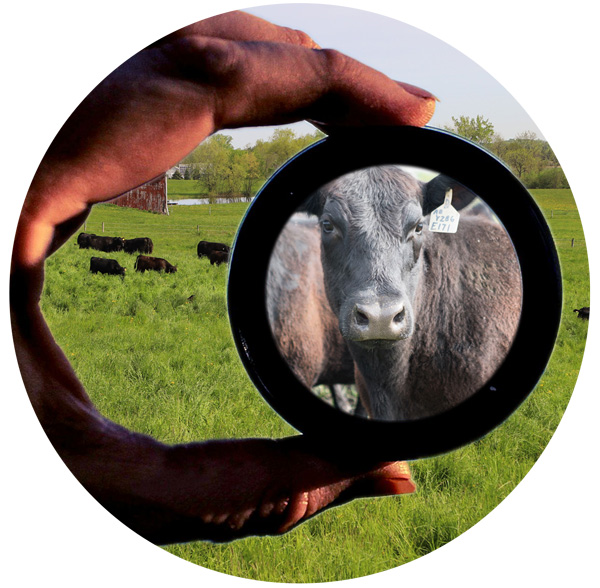Archived Events from 2020
Free Livestream Events offer Professional Development Credits
Join educators from across the nation in free livestream events which explore agriculture as a real-world lens for science education. These remote learning opportunities will bring field experts into a virtual classroom to explore anchoring phenomena based on their experiences. The events will offer valuable insight on how educators can help students draw connections across disciplines and grade levels through storylines related to the world of agriculture and food production.
These rich professional learning opportunities will help educators become better equipped to navigate the shifts in practice laid out by Next Generation Science Standards (NGSS). The sessions will offer an opportunity to collaboratively explore three dimensional learning, reflect on instructional shifts, and deepen understanding on phenomena routines.

There will be two livestream sessions, one oriented toward a high school Genetics curriculum, the other toward Middle School Ecosystems program.
How can we design cattle to better meet human needs? In this high school Storyline unit on genetics and heredity, students are introduced to ‘SuperCows’. As they explore the vast variety of cattle breeds, students discover that cattle are specialized for different purposes and while similar, the ‘SuperCows’ are clearly unique. Students wonder what caused this diversity and specificity which leads to investigations about the role of inheritance, DNA and proteins.
Field Experts
• Alison L. Van Eenennaam, Ph.D., Animal Biotechnology and Genomics, Department of Animal Science, U.C. Davis
• Dr. Matthew Spangler, Geneticist University of Nebraska Lincoln
• Adam Hurtgen, Cattle Farmer and Genetics Manager at Hurtgenlea Holsteins
Livestream Facilitators
• Rick Henningfeld
• Brian Beierle
Archive - Genetics & Heredity
What do prairie chickens need in order to survive today's prairie? This middle school unit covering ecosystems, animal behavior and symbiosis was developed through the Storyline approach. Middle school students will be figuring out why prairie chickens have a very unique dance and understand the role cows play to help ensure the dance takes place. Using this approach, students engage in science concepts to help ensure the survival of the prairie chicken.
Field Experts
• Dr. David Augustine, Landscape Ecologist / Research Ecologist, Agricultural Research Service
• Brian Obermeyer, Director of Land Protection & Stewardship at The Nature Conservancy
• Peg Kohring, Conservationist Scientist
Livestream Facilitators
• Rick Henningfeld
• Brian Beierle
Archive - Ecosystem Dynamics & Interactions